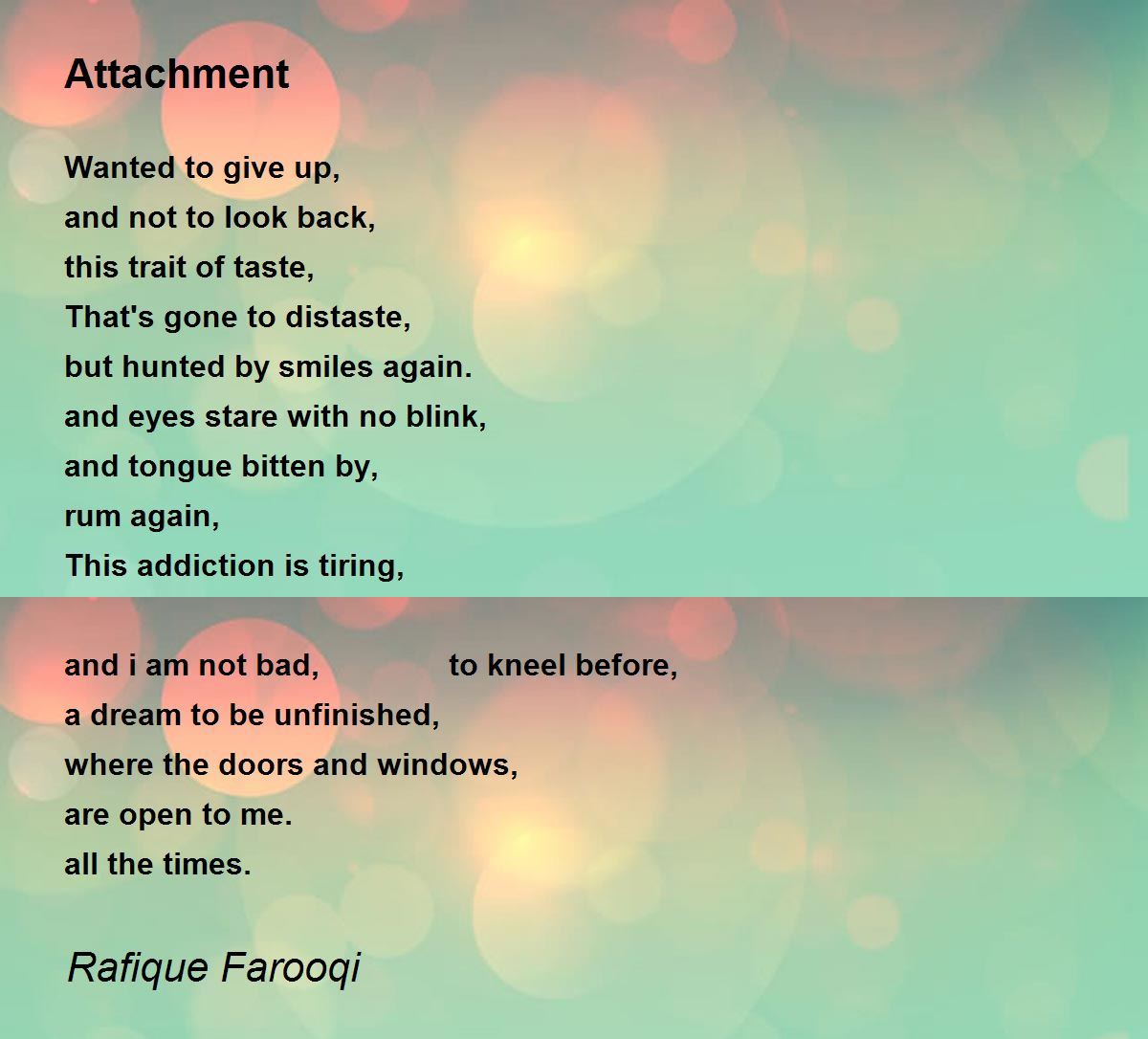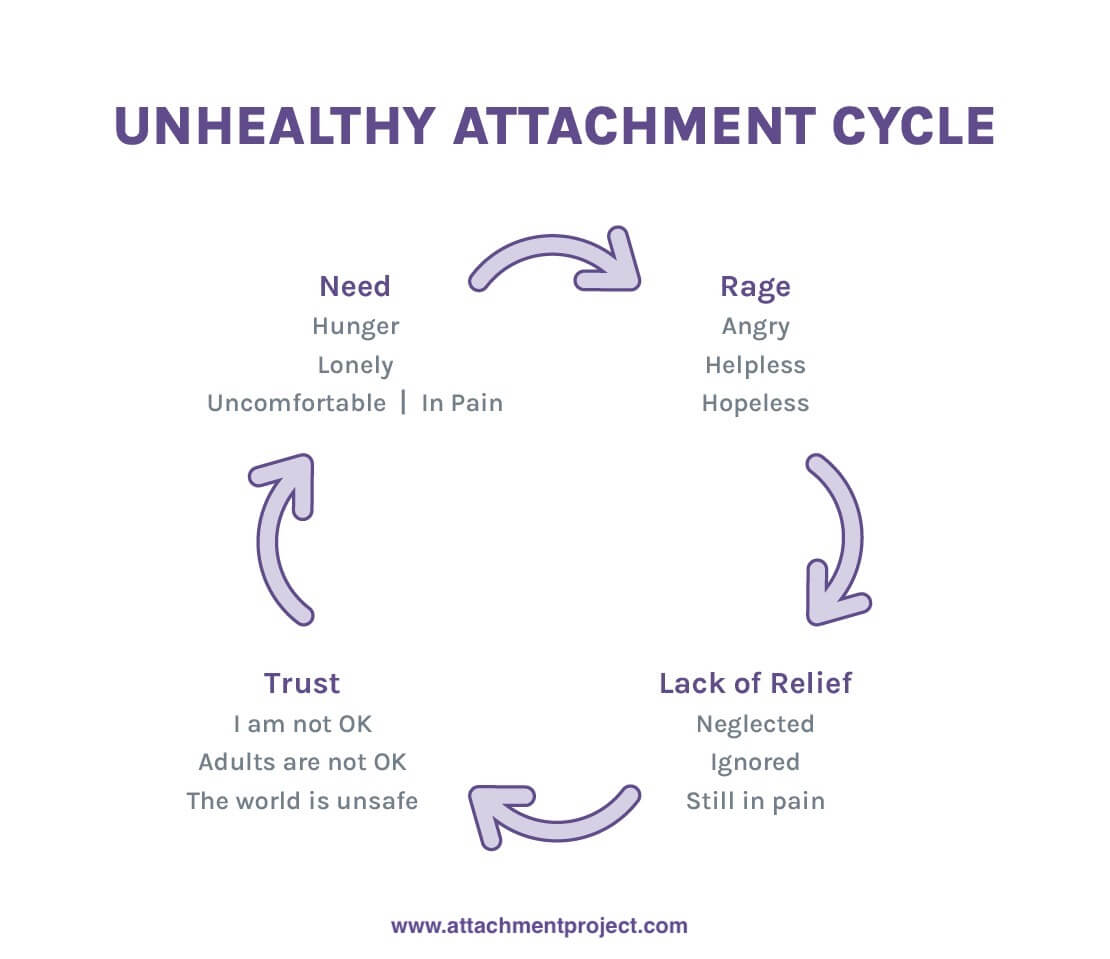Lessons I Learned From Tips About How To Overcome Attachment

Identifying signs and letting go.
How to overcome attachment. Updated on april 27, 2023. Each presents itself differently in adult relationships. Do 1 vulnerable action a day.
Rewiring your avoidant, anxious, or fearful attachment style. Emotional detachment is an inability. Try to spend time with family and.
Have an unhealthy attachment to your partner? Your automatic thought process influences how you see the world.
To heal your attachment insecurities, it’s important to understand attachment theory or the ways in which your early relationships with your caregivers. When you have a fearful avoidant. How to heal disorganized attachment:
How to heal an insecure attachment style. Before you react to your partner being gone, take ten deep breaths. Signs, causes, and how to overcome.
Take your time moving past avoidance. Take deep breaths to ground yourself. An attachment style describes how people relate to others based on how secure they feel.
Medically reviewed by laura lynn obit, do. Attachment research tells us that to break free of a cycle of strained attachments, we must make sense of and feel the full pain of. When thinking about how to stop being attached to someone, it is imperative not to spend all of your time with them.
Pharmacies across the united states are experiencing disruptions following a hack at unitedhealth's technology unit, change healthcare, several pharmacy chains. We seek or avoid intimacy along a continuum, but one of the following three styles is generally predominant whether we’re dating or in a long term marriage: A new review article published in nature discusses how problematic romantic attachment styles can.
What it is and how to overcome it. There are three types of insecure attachment styles: Published on august 8, 2021 updated on may 31, 2023.
When considering how to heal disorganized. The best thing to do for your relationships is increase your connection to you. The term “insecure attachment” refers to a category of attachment styles generally characterized by a lack of trust and a fear of intimacy, often resulting from unmet.


















